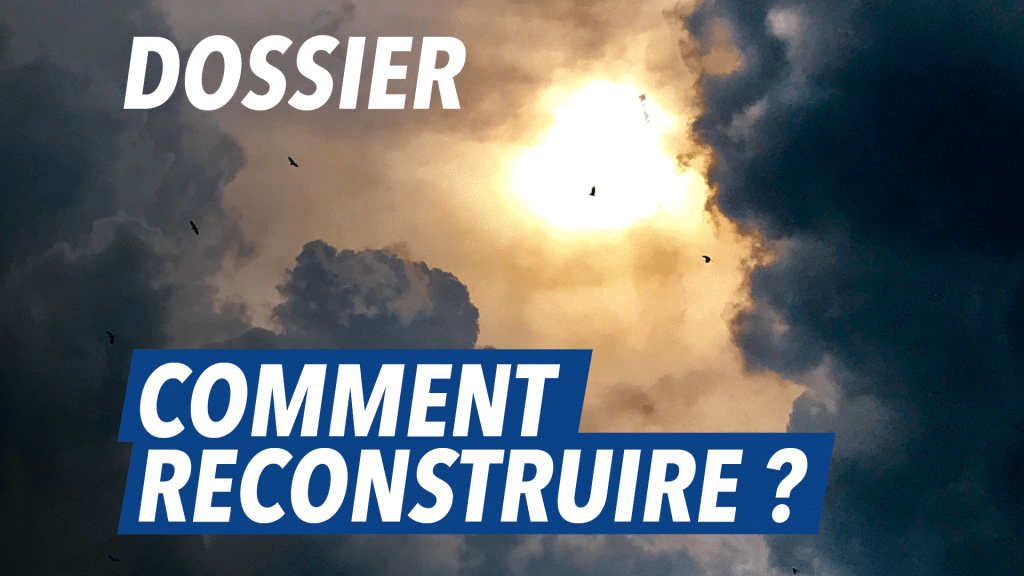“Climate disruption is a battle for our lives” – UN Secretary-General António Guterres
“Money is the sinews of war” – Cicero
Although Cicero and Napoleon stressed that “money is the sinews of war”, the country of the Paris accords until 2022 failed to have a trans-sector holistic plan to address the need for decarbonization. Our report “2% for 2 degrees” is the first ever country wide plan to integrate the measures, financial needs, and suggestions for financing required to reach carbon neutrality by 2050.
After more than 10,000 years of relative stability, the earth’s climate is changing. As average temperatures rise, climate science finds that acute hazards such as heat waves and floods grow in frequency and severity, and chronic hazards, such as drought and rising sea levels, intensify. The Institut Rousseau leverages existing studies and national strategies to define the most relevant levers that would enable France to reduce its emissions to almost zero. Based on industry-validated figures and linked to political and social measures, our report identifies thirty-three levers to address climate change and reach carbon neutrality by 2050, across all sectors of the economy. The impact of the sector-specific «decarbonisation levers» proposed in this study would enable us to reduce greenhouse gas emissions by 87% in 2050 compared to today. The remaining 13% are covered by the development of a final negative emission sector, the carbon sinks.
Reaching the objective requires to align existing finance schemes with the goal of decarbonation and unlock additional means across sectors. We show that a total investment of 182 billion euros per annum is needed to achieve the low-carbon transition of France by 2050, 125 billion of those already part of the existing schemes or their continuation. At the national level, the transition requires a thorough review of the current frameworks. At the European scale, we propose that climate-friendly investments be excluded from the calculation of the public deficit constraints, and monetary policy framework reformed as well as the introduction of moderate and targeted amount of debt-free money.
The additional 57 billion per year represent 2.3% of France’s COVID-19-impacted GDP in 2021 and cover all the public and private expenditures necessary to achieve the objectives set, including investments but also subsidies, tax credits, tax breaks, incentives, and aids.
The building sector benefits most (36%) from additional effort compared to the current efforts and is followed by energy production (28% of the additional efforts).
Because ecological reconstruction must come with social justice, the transition requires financial and operational support for the poorest citizens and the least well-endowed companies. For this reason, we show that public authorities must bear a significant part of the additional investment of the transition (63% out of the 57 billion euros), with 36 billion euros per year. This amount is less than the first emergency budget plan put in place at the start of the pandemic in March 2020 (42 billion euros). We show that it can be financed easily over time if linked to budgetary and monetary reforms and furthermore if leveraging innovative sources of funding. We also reveal how it will prompt a virtuous circle of social and environmental impacts. The initial public funded trigger would generate considerable benefits on public finances, purchasing power of households, savings of social security and the healthcare system, as well as on the national trade balance.
Besides its holistic nature, our report stands out by the vision it offers of what a multiannual framework for financing ecological reconstruction should contain, sector by sector. Every further delay activating the levers towards decarbonization will lead to an investment overload in future years. Delaying the investment in any sector will only make the ecological transition more difficult, it will also make it more expensive. The EU-wide goal of «Fit for 55» goal is already at risk.






